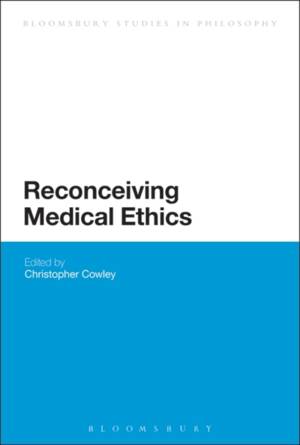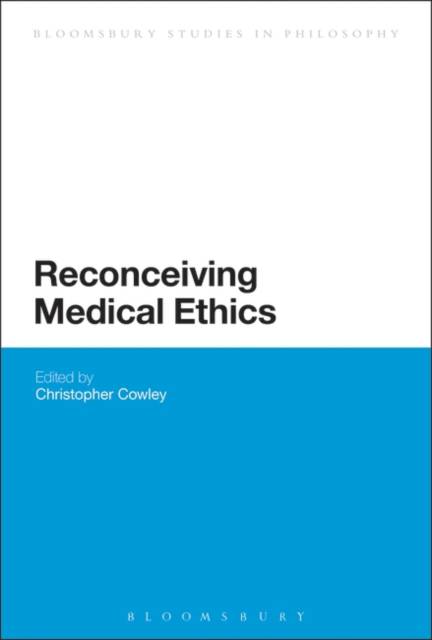
- Retrait gratuit dans votre magasin Club
- 7.000.000 titres dans notre catalogue
- Payer en toute sécurité
- Toujours un magasin près de chez vous
- Retrait gratuit dans votre magasin Club
- 7.000.0000 titres dans notre catalogue
- Payer en toute sécurité
- Toujours un magasin près de chez vous
Reconceiving Medical Ethics
88,45 €
+ 176 points
Description
This volume of original work comprises a modest challenge, sometimes direct, sometimes implicit, to the mainstream Anglo-American conception of the discipline of medical ethics.
It does so not by trying to fill the gaps with exotic minority interest topics, but by re-examining some of the fundamental assumptions of the familiar philosophical arguments, and some of the basic situations that generate the issues. The most important such situation is the encounter between the doctor and the suffering patient, which forms one of the themes of the book. The authors show that concepts such as the body, suffering and consent - and the role such concepts play within patients' lives - are much more complicated than the Anglo-American mainstream appreciates. Some of these concepts have been discussed with subtlety by Continental philosophers (like Heidegger, Ricoeur), and a secondary purpose of the volume is to apply their ideas to medical ethics. Designed for upper-level undergraduates and graduate students with some philosophical background in ethics, Reconceiving Medical Ethics opens up new avenues for discussion in this ever-developing field.Spécifications
Parties prenantes
- Editeur:
Contenu
- Nombre de pages :
- 288
- Langue:
- Anglais
- Collection :
Caractéristiques
- EAN:
- 9781472526144
- Date de parution :
- 23-01-14
- Format:
- Livre broché
- Format numérique:
- Trade paperback (VS)
- Dimensions :
- 156 mm x 234 mm
- Poids :
- 408 g

Les avis
Nous publions uniquement les avis qui respectent les conditions requises. Consultez nos conditions pour les avis.





